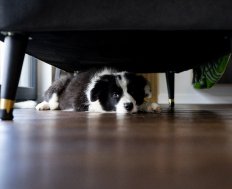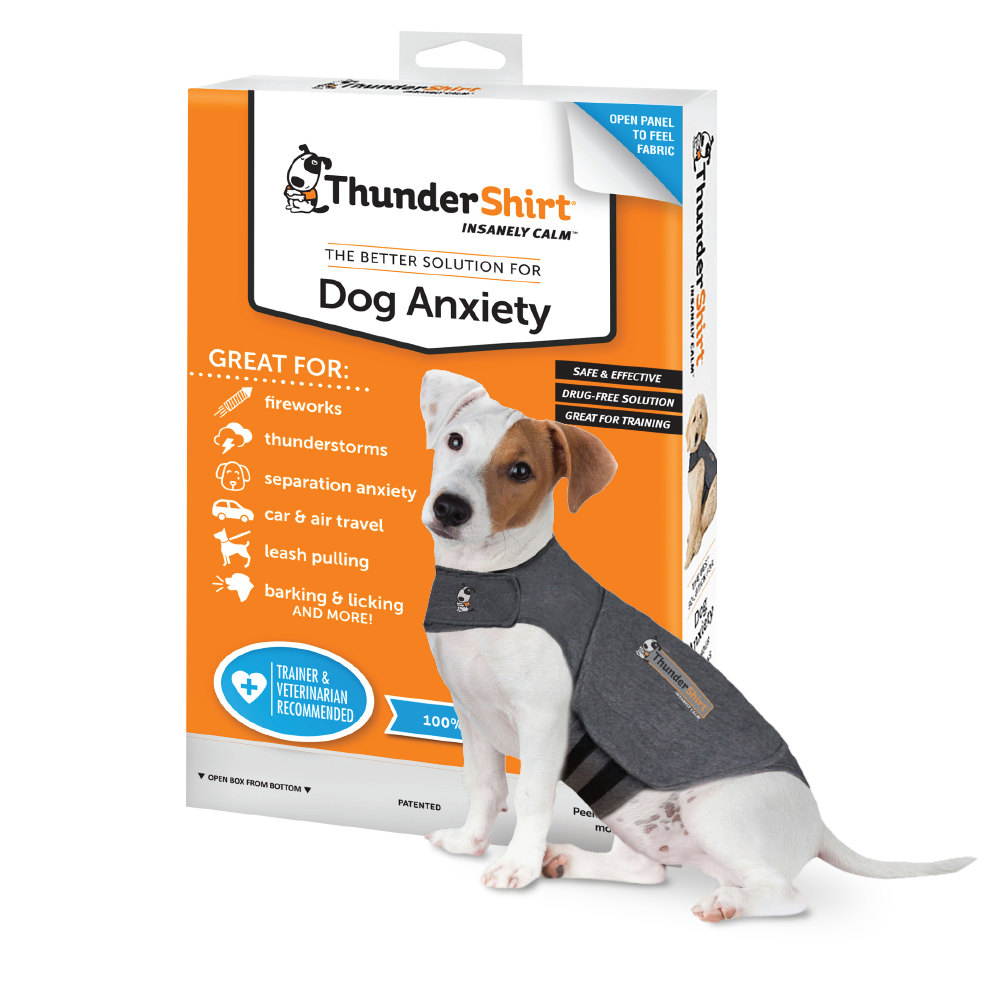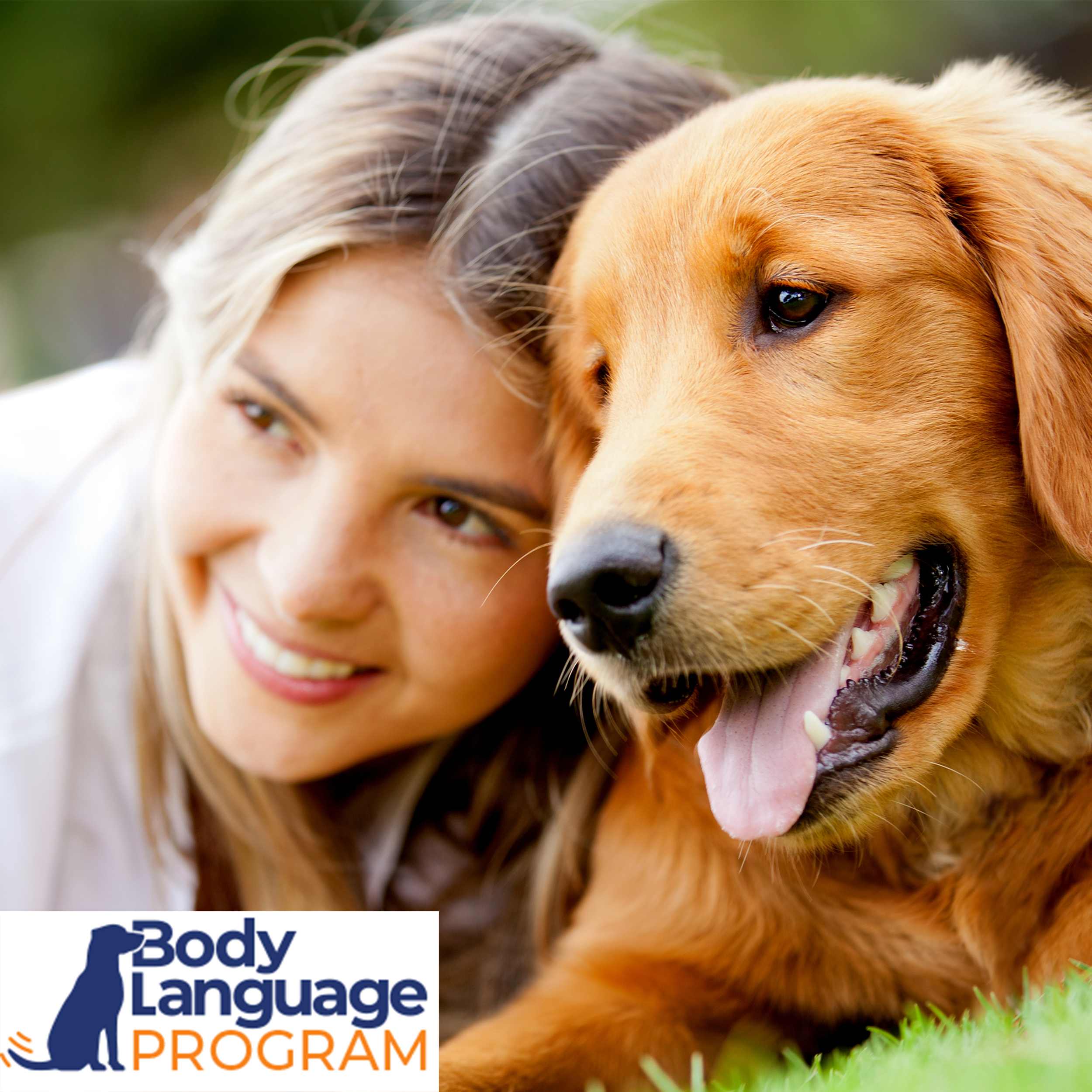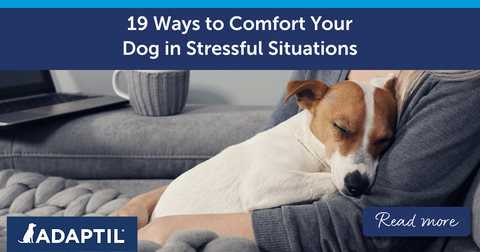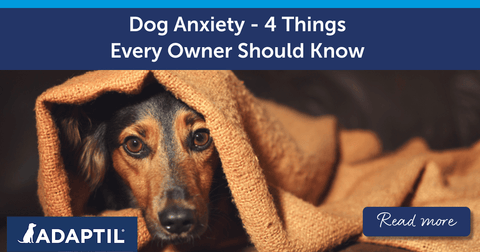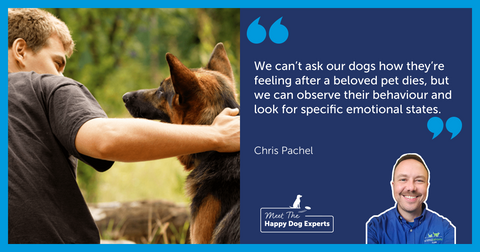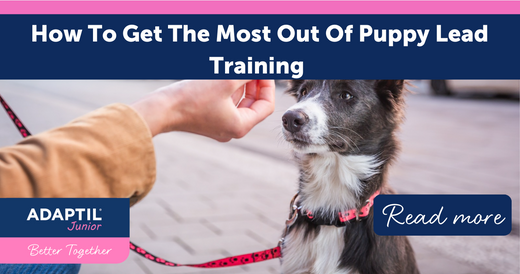
How To Get The Most Out Of Puppy Lead Training
Have you just adopted a new puppy? With lots of adventures to look forward to together, it's a very exciting time!
But before you and your new best friend can start exploring, it's important to help your puppy adapt to everyday life. Lead training is an important step for every dog; with the right encouragement, you can help them become a calm, confident and happy walker!
But lead training isn't always easy for your pup! There are lots of fun and exciting things to see when learning to walk on a lead. Staying calm and confident can be tricky! So what can you do to help your puppy learn?
Tips to Get the Most out of Puppy Lead Training
Start at the right time
If your dog is between 3-12 weeks, it's the perfect time to introduce them to lots of new experiences, situations and training. At this age your pup is in their socialisation phase, so they're perfectly prepared to learn to wear a collar, understand basic commands, and stay calm in new situations! Don't worry if your puppy is a little older; they will still be excited to learn, but may be a little more wary of new experiences.
Encourage your puppy to love their new collar and lead
Wearing a collar or trying a lead for the first time can be very strange for your dog! Luckily there are lots of things you can do to help your puppy relax when wearing a collar for the first time:
- Choose a light collar to get your puppy used to a soft sensation around their neck, and keep the collar loose to begin with.
- Distract your dog with play if they seem unsure.
- Reward a calm reaction - and never punish a puppy who tries to chew their collar or gets nervous on the lead!
- Give your dog time to adapt! It can take time and lots of patience!
When your dog is happy with a collar, start to introduce the lead. You can begin by attaching the lead to the collar and leaving it loose, so your dog can roam and play freely. The next stage is to try holding the lead and calling the dog to you - rewarding calm, good behaviour with lots of fuss and treats!
Have regular training sessions
Practice makes perfect for any puppy! Short, regular training sessions are best to help your dog learn, and get them used to new experiences. The best training sessions will be calm, short, and of course fun! Be sure to keep lots of small treats with you when training - your dog is ready and willing to learn, they just need consistent reinforcement when they do something right!
Reward good behaviour, DON'T punish the bad
While walking on a lead can be an adventure for your dog, sometimes exploring new places is scary! Most puppies experience a more sensitive phase between 8-16 weeks; during this time lots of new and everyday things can seem more frightening! So if your pup is a little uncertain or sometimes forgets their training, don't punish them! Instead, always reward them for calm, positive behaviour and encourage your pet to associate lead training with fun - never punish them!
Remember doggy rewards don't always need to be treat-based (though your puppy will always accept a tasty snack!). Fuss and play, such as a game of tug-of-war can also be used to reinforce good behavior!
Keep a positive attitude
Training your dog to behave on lead can take time. So if things aren't going as well as you'd like, remember to stay calm and attentive - never get angry or tense! You don't want your puppy to associate any part of the training process with negative experiences - getting annoyed can make training much harder!
Instead, focus on giving treats for positive behaviour, and ignoring, or distracting your puppy if they do something wrong. With lots of support, patience and time, your puppy will soon learn.
Try puppy classes
Learning with others can be a great way to support your dog, give them confidence and help them socialise! Puppy classes are ideal for dogs aged 8-16 weeks, and can give both you and your new friend a chance to bond, and master lead training!
Provide lots of variety
If your puppy can learn to stay confident, calm and happy in lots of new situations, they'll be able to cope much better as an adult. When walking your puppy, gradually expose them to lots of new situations - new people, places, sounds and other animals can all be scary at first, but it's important to socialise your furry friend! Be sure to reward calm behaviour, and always give your dog space, or stop if they seem fearful.
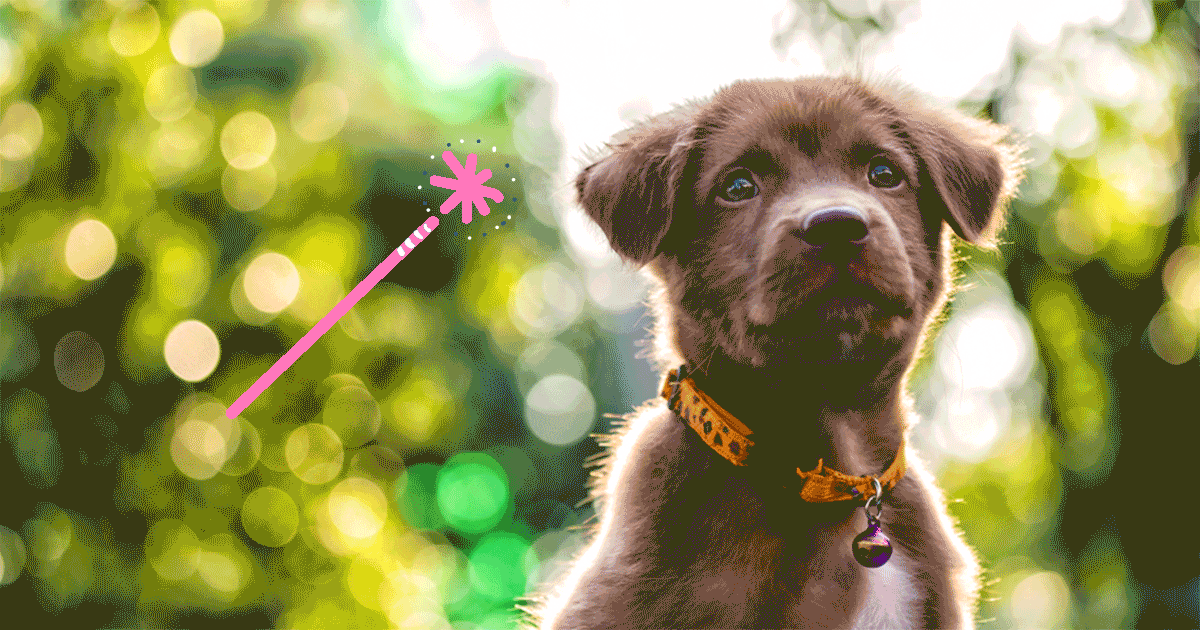
Give Your Puppy the Support They Need
With regular training time, practice and lots of positive reinforcement, your puppy will be a confident, outgoing and expert lead walker in no time! If you'd like to give your pup some added support, using an ADAPTIL Junior collar will also help your dog learn better, quicker, and keep them calm during new experiences. Releasing comforting messages to your dog, ADAPTIL Junior can comfort and relax your dog throughout their puppy training challenges; from walking on the lead, to staying home alone, to car travel and more.


